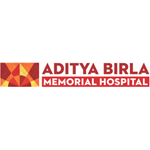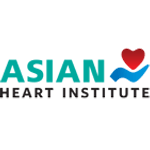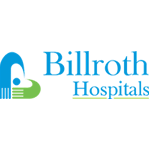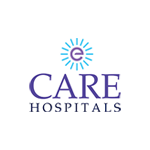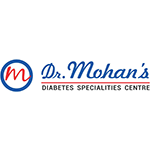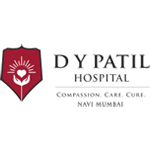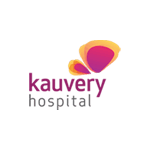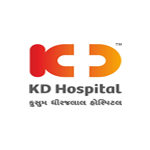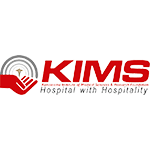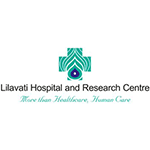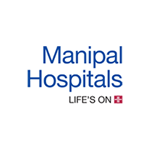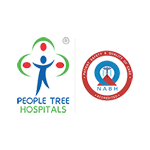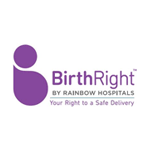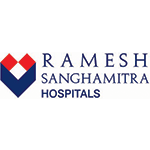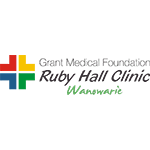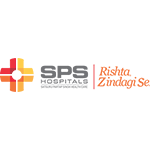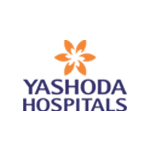Course Description
The recent decades have seen significant improvements in mitigating healthcare-associated infections, once thought unimaginable, as was the case with MRSA bacteremia and Clostridium difficile. The shift from infection control being the domain of the infection control team to making infection prevention everyone’s responsibility, particularly nurses due to their proximity to patients, was a significant component of this success.
With the rise of nosocomial infections, the emergence of organisms resistant to antibiotics, and COVID-19, addressing healthcare-associated infections (HAIs) is a challenge that every nurse shall face. A well-conceived and carefully implemented infection control program will drastically reduce morbidity, prevent early death, and save money for the hospital/patient. Optimal infection prevention and control and consistent and reliable application of these principles have underpinned the success.
The Certificate in Infection Prevention and Control for Nurses outlines the basic tenets of infection prevention, surveillance principles, high standards of cleanliness, and aseptic technique when inserting, caring for invasive devices, etc.
The course’s blended learning design, which includes multiple case presentations, lectures, and interactive elements, provides you with a clinical perspective on the theory and, as a result, improves hygiene practices at your hospital.
Medvarsity strives to provide every healthcare professional with the capabilities they need to advance their careers and serve better the societies in which they practice.
Let us together impact healthcare through education. Join now!
Eligibility: Any graduate or diploma nurse registered with a State Nursing Council in India can enroll in this course. (Microbiologists, infection control nurses, Nurse Administrators, and hospital administrators.)
Course Validity: 4 months. There will be an extra charge for the extension of the course validity.
ENQUIRE NOW to know more about this course
Course Outline
1. Healthcare – Associated Infections: Its Impact and Significance
-
- Healthcare – Associated Infections
- Sources and Modes of Transmission of Healthcare Associated Infections (HAI)
- Principles and Practices of Nursing to Decrease the Impact and Significance of Healthcare Associated Infections
2. Infection Prevention and Control Program
-
- Infection Prevention and Control Program
- Roles and Responsibilities of Individual Representatives and Members of Infection Control Committee
3. Risk Management in Infection Control
-
- Risk Management in Infection Prevention and Control
- Infection Control Precautions in Patient Care: Standard Precautions
- Hand Hygiene
- Respiratory Hygiene & Cough Etiquette
- Personal Protective Equipment (PPE)
- Safe Injection Practices
- Patient Placement
- Equipment Care
- Safe Disposal of Waste
- Transmission Based Precautions
4. Protection of Healthcare Workers from HAI
-
- Protection of Healthcare Professionals
5. Infection Control Precautions Related to the Hospital Environment
-
- Infection Control Practices to Prevent Infections from the Environment
6. Cleaning Disinfection and Sterilization
-
- Cleaning, Disinfection and Sterilization
- Cleaning, Disinfecting, and Sterilization to be followed during COVID – 19 Pandemic
- Special Considerations in Decontaminating Equipment
7. Surveillance in Infection Control
-
- Surveillance of Healthcare-Associated Infections
- Surveillance for Controlling Covid-19 Pandemic
8. Outbreak Investigation
-
- Outbreak Investigation
Course Description
The recent decades have seen significant improvements in mitigating healthcare-associated infections, once thought unimaginable, as was the case with MRSA bacteremia and Clostridium difficile. The shift from infection control being the domain of the infection control team to making infection prevention everyone’s responsibility, particularly nurses due to their proximity to patients, was a significant component of this success.
With the rise of nosocomial infections, the emergence of organisms resistant to antibiotics, and COVID-19, addressing healthcare-associated infections (HAIs) is a challenge that every nurse shall face. A well-conceived and carefully implemented infection control program will drastically reduce morbidity, prevent early death, and save money for the hospital/patient. Optimal infection prevention and control and consistent and reliable application of these principles have underpinned the success.
The Certificate in Infection Prevention and Control for Nurses outlines the basic tenets of infection prevention, surveillance principles, high standards of cleanliness, and aseptic technique when inserting, caring for invasive devices, etc.
The course’s blended learning design, which includes multiple case presentations, lectures, and interactive elements, provides you with a clinical perspective on the theory and, as a result, improves hygiene practices at your hospital.
Medvarsity strives to provide every healthcare professional with the capabilities they need to advance their careers and serve better the societies in which they practice.
Let us together impact healthcare through education. Join now!
Eligibility: Any graduate or diploma nurse registered with a State Nursing Council in India can enroll in this course. (Microbiologists, infection control nurses, Nurse Administrators, and hospital administrators.)
Course Validity: 4 months. There will be an extra charge for the extension of the course validity.
Course Outline
1. Healthcare – Associated Infections: Its Impact and Significance
-
- Healthcare – Associated Infections
- Sources and Modes of Transmission of Healthcare Associated Infections (HAI)
- Principles and Practices of Nursing to Decrease the Impact and Significance of Healthcare Associated Infections
2. Infection Prevention and Control Program
-
- Infection Prevention and Control Program
- Roles and Responsibilities of Individual Representatives and Members of Infection Control Committee
3. Risk Management in Infection Control
-
- Risk Management in Infection Prevention and Control
- Infection Control Precautions in Patient Care: Standard Precautions
- Hand Hygiene
- Respiratory Hygiene & Cough Etiquette
- Personal Protective Equipment (PPE)
- Safe Injection Practices
- Patient Placement
- Equipment Care
- Safe Disposal of Waste
- Transmission Based Precautions
4. Protection of Healthcare Workers from HAI
-
- Protection of Healthcare Professionals
5. Infection Control Precautions Related to the Hospital Environment
-
- Infection Control Practices to Prevent Infections from the Environment
6. Cleaning Disinfection and Sterilization
-
- Cleaning, Disinfection and Sterilization
- Cleaning, Disinfecting, and Sterilization to be followed during COVID – 19 Pandemic
- Special Considerations in Decontaminating Equipment
7. Surveillance in Infection Control
-
- Surveillance of Healthcare-Associated Infections
- Surveillance for Controlling Covid-19 Pandemic
8. Outbreak Investigation
-
- Outbreak Investigation

